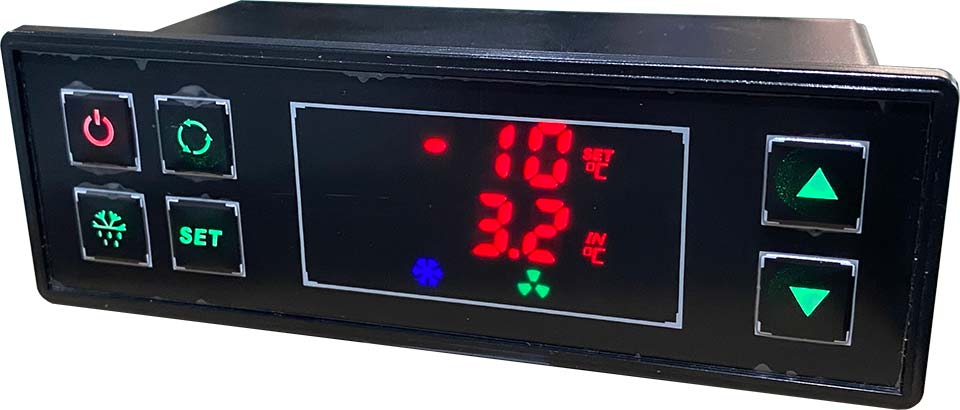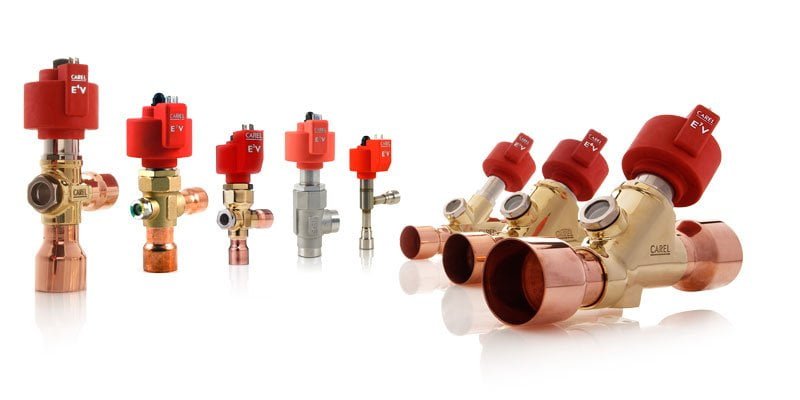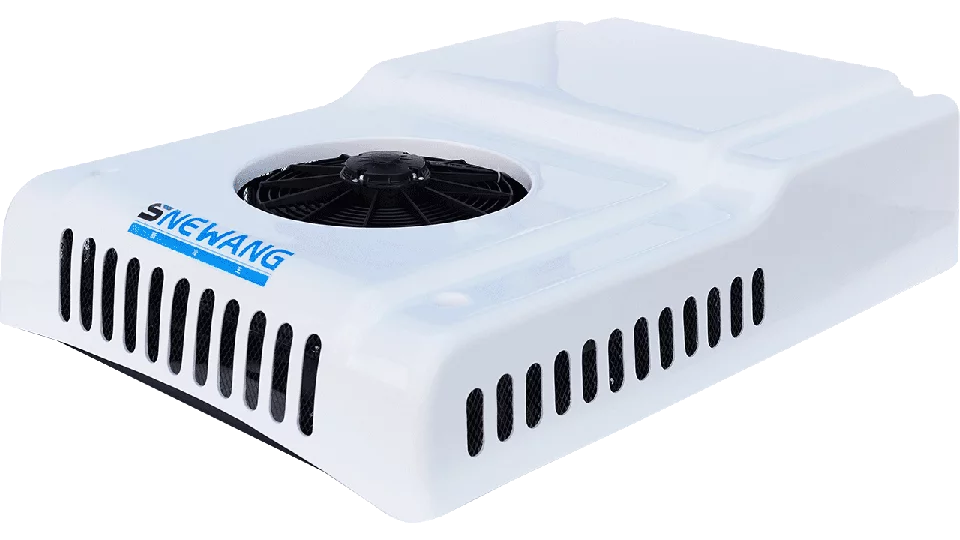The efficiency of a refrigeration units system depends only partly on the efficiency of the individual components. This means that correct sizing and design of high-performance heat exchangers or efficient compressors are not enough on their own to achieve high overall system efficiency.
What on the other hand significantly helps increase efficiency is the combined operating mode of the components, which often does not simply refer to an individual refrigeration unit but rather the installation as a whole.
Consequently, one fundamental aspect is the control system, in other words the set of electromechanical and electronic components that acquire information from the refrigerant circuits via various types of sensors, process this using logic of varying complexity, often implemented by a software application, and then managing activation or operation of the various components.


The technologies that most significantly increase the seasonal energy efficiency ratio are undoubtedly electronic controllers, motor-driven expansion valves (also called electronic expansion valves) and capacity modulation systems for compressors, fans and pumps.




